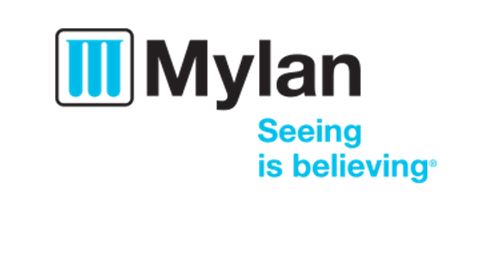FDA rejects Mylan and Biocon biosimilar, citing manufacturing issues

A biosimilar from Mylan and Biocon has been rejected by the FDA because of manufacturing issues at a production plant in India.
The companies have filed a biosimilar of Amgen’s long-lasting white blood cell booster Neulasta (pegfilgrastim) with the FDA – but the regulator has rejected it, citing issues with the manufacturing site.
In a short statement Biocon, which partners with Mylan to produce biosimilars in the US, said the filing is due to be updated with data from the facility after recent modifications required by the FDA.
The FDA’s rejection letter did not raise any technical questions, Biocon noted.
It added that it did not expect the rejection to impact on the commercial launch timing of the biosimilar in the US.
In August, Biocon withdrew filings of two biosimilars in Europe, versions of Roche’s breast cancer drug Herceptin (trastuzumab) and Neulasta, because of regulators’ concerns over the manufacturing facility in Bangalore.
EU regulators required “corrective and preventive” actions at the plant before it is able to supply drugs to the EU market.
Inspectors from France's regulator had been conducting a pre-approval inspection of the plant, which produces biosimilars of Herceptin, Neulasta, and Sanofi’s Lantus (insulin glargine).
The FDA also raised concerns earlier this year after inspectors found a range of problems including environmental monitoring and cleaning procedures.
Neulasta has been off-patent in the US for two years this month, but is still Amgen’s second-biggest seller after its inflammatory diseases blockbuster, Enbrel.
In the second quarter sales were down 5% compared with the same period last year, to $937 million because of lower demand.













